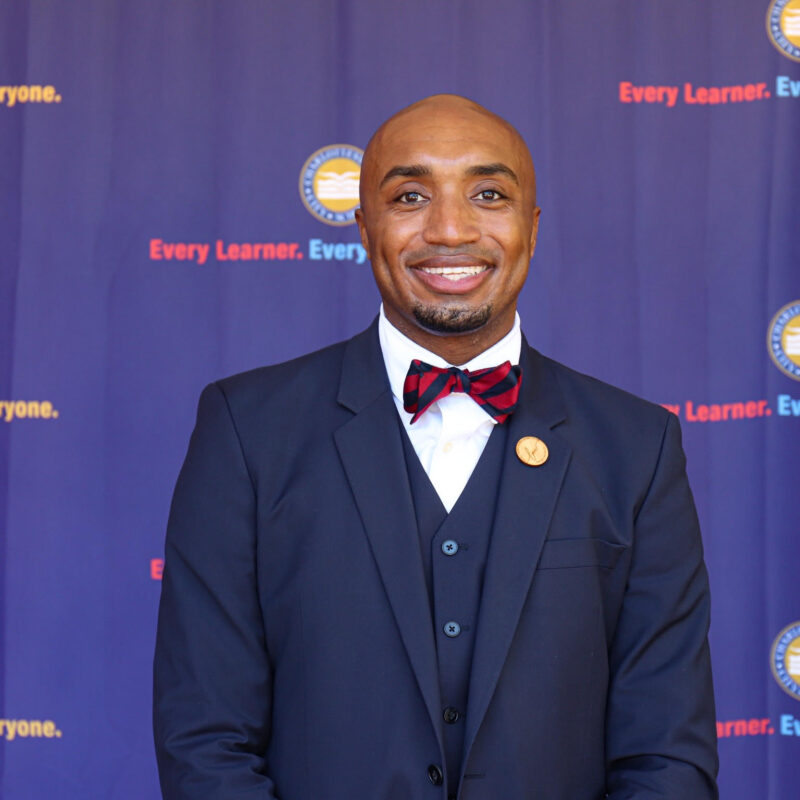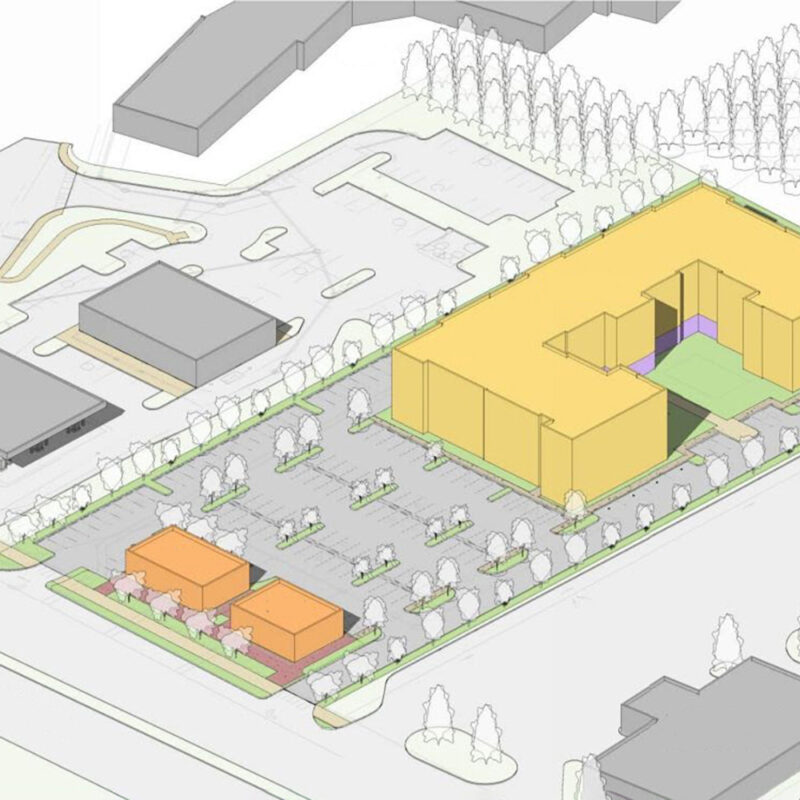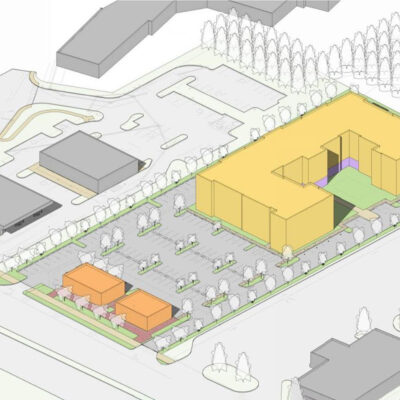Poor funding for the mental health care system has long been an issue for state legislators. But focus has returned to the state of mental health care since the shootings at Virginia Tech university, in which deranged gunman Seung-Hui Cho, likely in serious need of psychological help, shot 32 people to death before killing himself.
 In the wake of the Virginia Tech shooting, Commonwealth officials have been reassessing the mental health system. State Senator Creigh Deeds says that while Virginia’s community-based system is the right model, “we’ve never adequately funded that.” |
Virginia’s mental health system is organized into 40 community service boards. Locally, Charlottesville and Albemarle, Louisa, Fluvanna, Greene and Nelson counties are served by Region Ten, which provides a gamut of services, from outpatient psychotherapy to medication management to housing options for chronically ill patients. Region Ten also serves mentally retarded clients and people with substance abuse issues.
Reed Banks, director of mental health services at Region Ten, says he’s been dealing his whole career with the trend of de-institutionalization in mental health care—fewer patients reside in large mental hospitals, and more get integrated into the community. It’s a more humane, and even more economical model, Banks says. There are only eight remaining state psychiatric hospitals in Virginia.
Though de-institutionalization gets big praise, it’s never been well funded. Virginia State Senator R. Creigh Deeds says, “Over the last 30 years or so, we’ve closed institutions, moved to a more community-based system. That system is probably the right model, but we’ve never adequately funded that.”
Funding for community-services boards comes mostly from Medicaid funds, with other funds from federal, state and local tax dollars. Virginia ranks 48th in the nation in per capita state funding for mental health programs, Banks says. Virginia recently received a “D” from the National Alliance for Mental Illness (NAMI) for its mental health care. Banks says, “I would add that most states are in that same category. It’s a deplorable situation that there’s just inadequate funding across the nation.”
Locally, Region Ten struggles with the high cost of housing for mentally ill populations, and the high costs of caring for a largely indigent population, according to Banks.
But inadequate funding is a problem even for people without chronic mental health issues. Any Virginian could come into contact with the state mental health system, especially in a time of crisis. That’s because community services boards are responsible for issuing Emergency Custody Orders and Temporary Detention Orders, like the one that ordered Cho to stay in the hospital overnight and see a judge, who deemed him a danger. The state mental health system’s role in keeping citizens safe will likely draw more calls for adequate funding.
Members of the Virginia General Assembly have pledged to re-examine mental health funding. But more dollars may not be enough. Some insist people who could be dangerous should be forced to seek help, requiring stricter policies.
Sally Rinehart, president of the local branch of NAMI, says, “When you have somebody who’s really ill and doesn’t recognize it, you need to have more support coming from somewhere.”
C-VILLE welcomes news tips from readers. Send them to news@c-ville.com.





